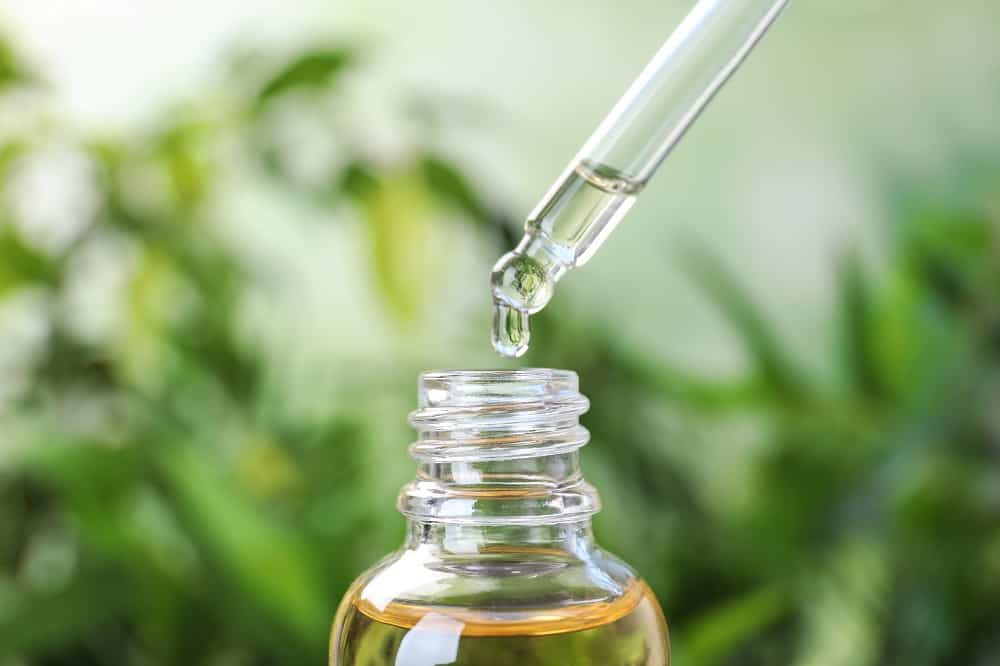Retinol – Necessary or Nonsense?

These days there are many buzzwords in the beauty industry that are thrown around from product to product with a lack of information on what they really are. One of these popular buzzwords is Retinol. I’m sure you’ve heard of it or perhaps even used products containing Retinol, but do you know what it is, where it comes from, how it works or the fact that some of the foods you eat contain versions of it? Let’s start with these points.
What is it?
Retinol and Retinoids are other names given to a nutrient that we should all know and love, Vitamin A. This naturally occurring vitamin is responsible for maintaining much of our body health as well as encouraging regeneration of new and healthy cells. Without it, individuals may experience visual loss, infections, skin irritation and other symptoms. Different forms of Vitamin A have been widely researched to significantly improve skin condition, hence the application of retinol and retinoids in skincare. Retinols are often found in cosmetic skin treatments while retinoids are more commonly found in prescribed medical treatments. The reason for this is the difference between the two. Retinoids are a more potent, concentrated form of Retinol/Vitamin A which means their applications must be more controlled to reduce side effects of such high dosing.
Where can I find it?
As mentioned earlier, we can actually reap the benefits of Antioxidant Retinol in the form of skincare as well as from foods. Mother nature has gifted us with many meats, fruits and vegetables that contain high levels of Vitamin A so that we can look and feel good on both the inside and the outside. Some of these foods are animal livers, as well as dairy products. On the plant-based side, we also have many great sources including those of the orange-coloured variety; Sweet potato, pumpkin and carrots. The list of consumables high in vitamin A continues with leafy greens such as kale, collards and spinach.
By using topical Retinol or Retinoids and consuming other forms of Vitamin A, we supplement our bodies with some of the necessary requirements for healthy skin. As well as causing regeneration of new cells, retinol can help the existing skin cells remain healthy for longer by protecting them from free radical damage. Retinol also boosts the production of collagen and elastin, eliminating fine lines and reducing pigmentation. On top of this, high levels of Vitamin A will also promote stronger blood vessels that supply the skin with crucial nutrient delivery.
Now that you know a little bit more about Retinol, you can be sure that it is more than just a fashionable fad. It is a well-researched and low-risk form of a nutrient that we should all be encountering everyday anyway. I for one definitely try to make the most of high quality Retinol products on the market while supplementing these levels with nutrient rich foods too. Let’s start a journey directed at whole body health, including that of our largest organ, our skin!
